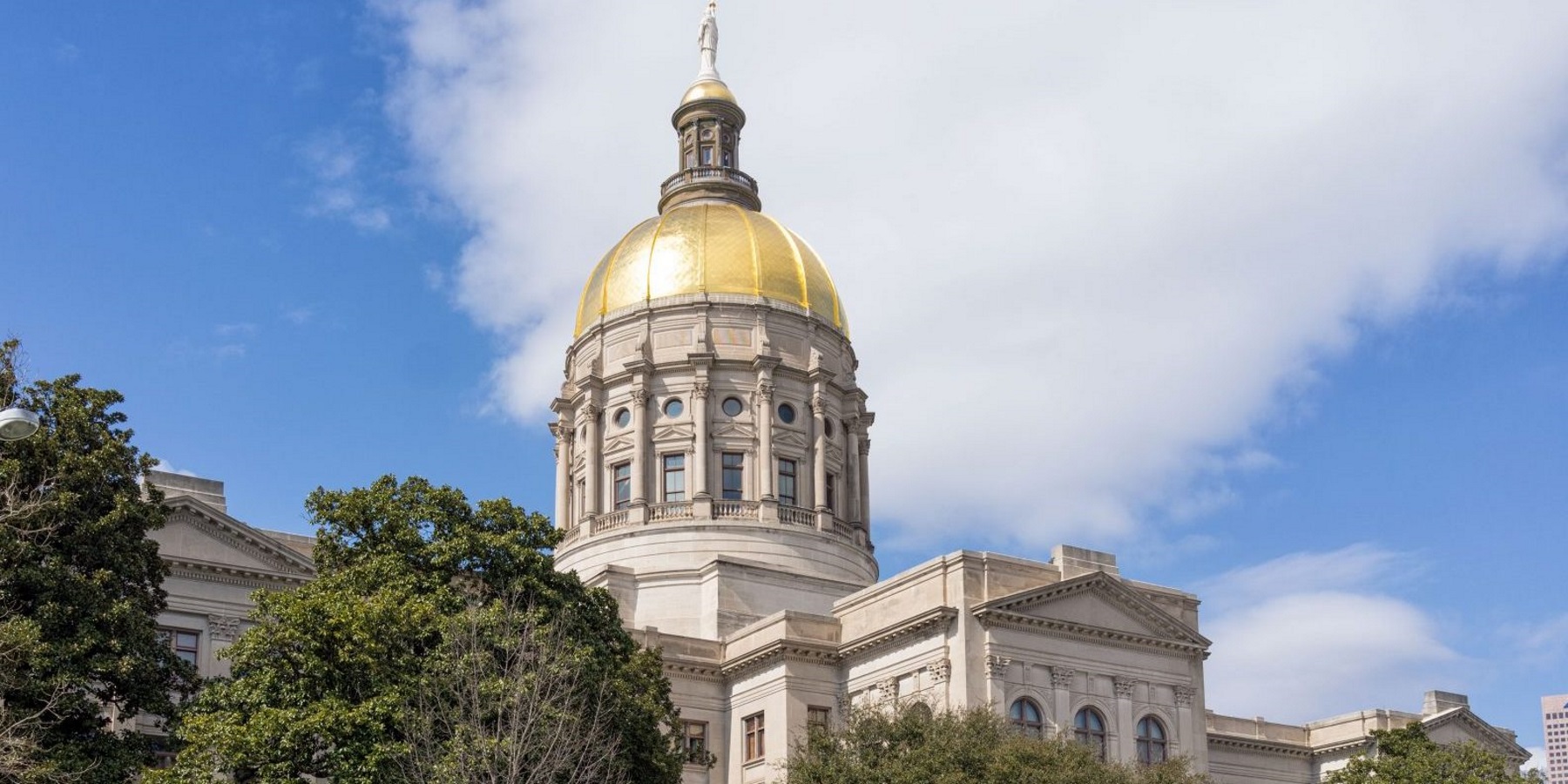With the presidential debate behind them, Georgia Democrats say they can win big here in 2020 with the help of national campaign resources. Now they have to persuade outsiders to invest in the fight, because Republicans still control state government.
Georgia’s most prominent Democrat, Stacey Abrams, said there’s no doubt her state is a battleground.
“Yes, we’re there, the issue is, do we have the resources and do we have a fair process,” she said.
Abrams has been busy with her group Fair Fight, which focuses on voter access.
She lost her gubernatorial bid last year by just about 55,000 votes. Since then, Georgia registered 300,000 new voters, many of them are young and from diverse backgrounds.
Republican strategist Eric Tanenblatt, who was once served as chief of staff to former Gov. Sonny Perdue, isn’t too worried by the new voter registration data and thinks Georgia is still a little more red than purple.
“I understand why Democrats are, you know, trying to play up the competitive nature of Georgia because they want to get more money here,” he said.
Yes, Georgia Democrats are eager for investment, said party chair, state Sen. Nikema Williams.
“But we’re not waiting for anything to happen. The Democratic Party of Georgia is already organizing. We’re already on the ground across the state. My grandma taught me if you stay ready, you’ll be ready,” she said.
Williams pointed to some Democratic wins in Savannah, Albany and Valdosta during recent municipal elections.
And Republicans are paying attention. The Trump Super Pac America First Action has placed Georgia among six states where it plans to spend money.
Still, Republican campaign consultant Brian Robinson calls Georgia a battleground “only on paper.”
He said the party needs to win at least one statewide race to seal the deal. And while Democrats have made gains in the Atlanta suburbs, he said, it’s not enough. He pointed to the 2020 senate race where Republican David Perdue is defending his seat, and at least four Democrats want to challenge him.
“So far, Republicans don’t see the field that has emerged as being particularly competitive or compelling or a big threat to David Perdue, but they’re not going to take any chances,” he said.
To defend his seat, Perdue has already raised about $9 million.
The Democratic Senatorial Campaign Committee still labels Georgia as an emerging battleground, so has the consulting firm Advertising Analytics. It predicts potential campaign ad spending here at 48 million, mainly because of two competitive U.S. House races in the Atlanta Suburbs and two Senate races.
Emory political scientist Andra Gillespie said Georgia’s battleground status is still unclear.
“There are a lot of reasons to look at Georgia to put it on that list of emerging purple states,” she said. “But that moniker is going to get updated over time, depending on what the data indicate. And we just don’t have that data yet.”
A lot more surveying and polling needs to happen, and Abrams thinks that data will favor Georgia Democrats.
“While early money is best, we have to remember this is really early, and traditional politics that we have followed in Georgia no longer hold,” she said. “It’s going to be what happens in the first quarter of 2020. Not what happens in the last quarter of 2019.”
Abrams has said she’d be up for a vice presidential run if asked. If that happens, the battle for Georgia’s 16 electoral votes could be fierce.









